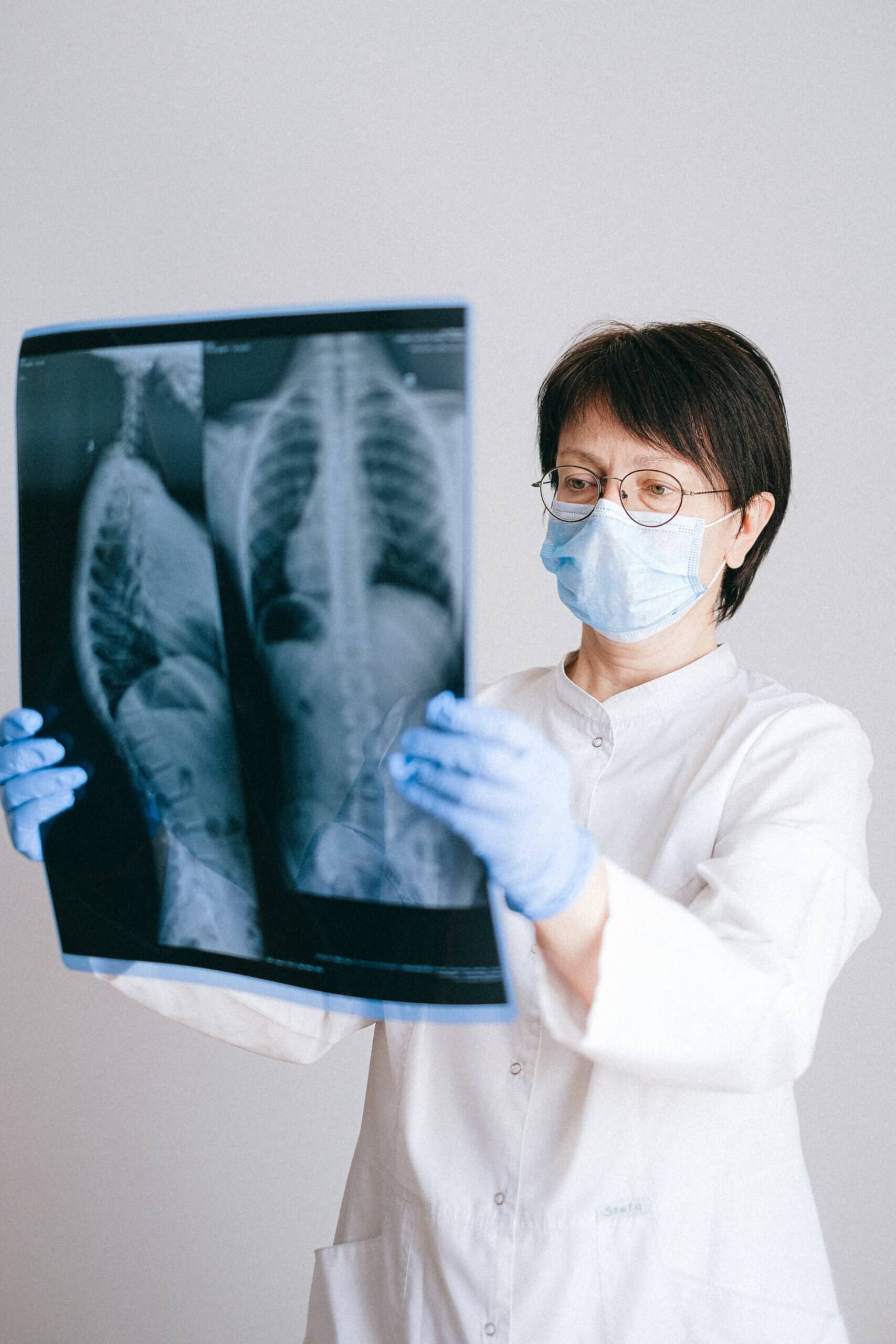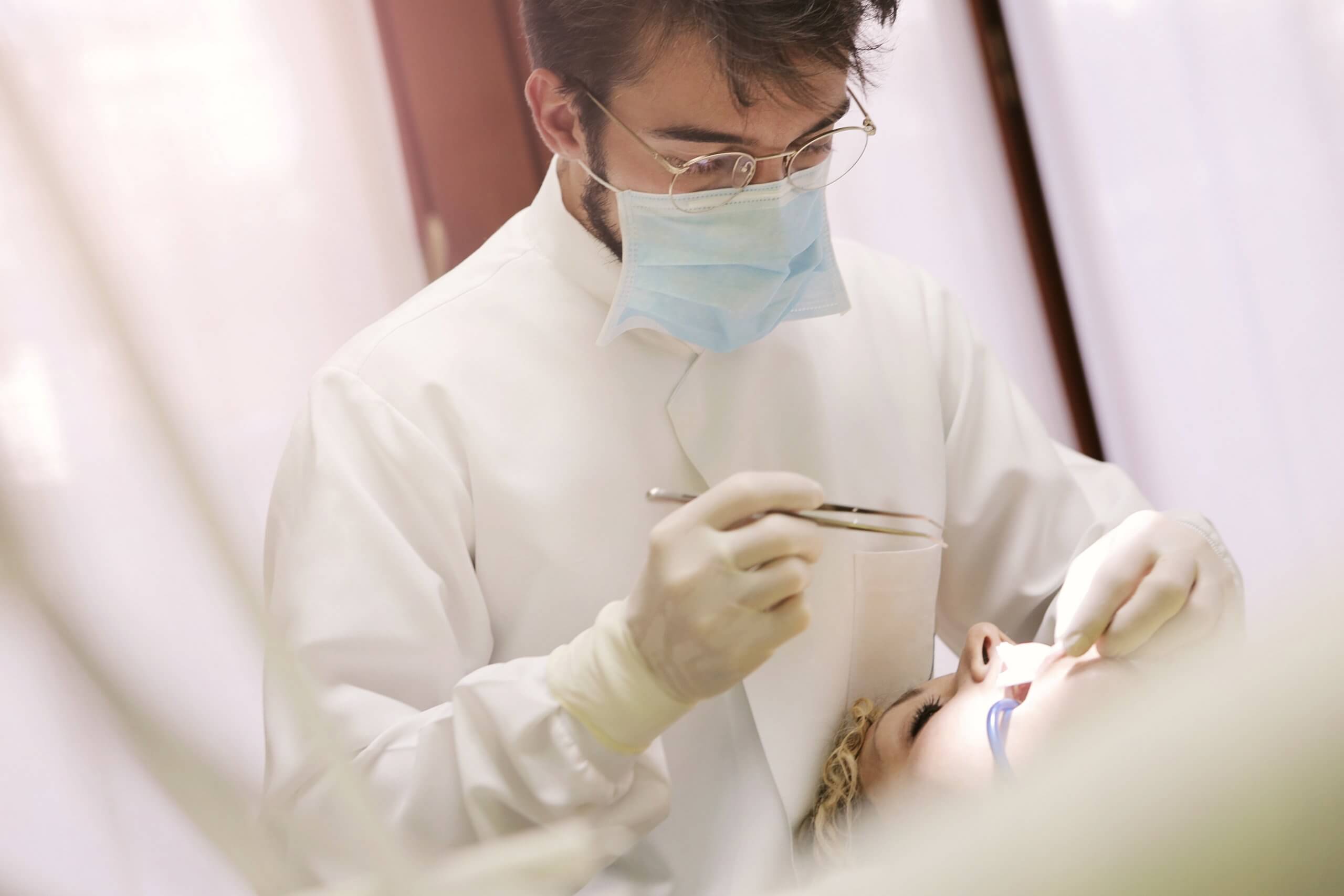Five Of The Best Medical Universities In London
Many students head to London to learn about medicine, health, and the human body. With a range of medical courses and medical schools available in the English capital city, it can be hard to choose which would be best for you. We’ve put together a list of the best medical universities in London to help you with your decision.
Why study medicine?
Medicine is an incredible calling. For those who want to understand the body, better work with people, or become spearheads in their communities to improve lives and wellbeing, this is a fulfilling and great path to take.Your course will examine the prevention, diagnosis, and treatment of diseases and injuries. This often includes studying health sciences and medical research, as well as learning clinical skills.
If you want a career in medicine, a medical degree is vital. A bachelor’s degree is the start of a long process, where later in your training pathway, you can specialise or become a GP. In fact, there are over 60 specialities that you can pursue in the future. These degrees do not necessarily restrict you to a doctor’s surgery or hospital.
A medical career can be very rewarding, as you can make a real difference in people’s lives. If you like your day-to-day work to be varied, this is a great career choice. Every day is different, with numerous practical and intellectual challenges. Another plus is that doctors will always be needed.
What career can you get with a medical degree?
The obvious career a medical degree will lead to is being a doctor, but that is not all. Some jobs that you will need a medical degree for, or would be helpful for, include:
- Anaesthetist;
- Children’s nurse;
- Paramedic;
- Surgeon;
- Research scientist;
- Clinical radiologist;
- Medical sales representative;
- Lecturer;
- Science writer.

Why study medicine in London?
London medicine schools are rated as some of the best in the world. As London is a global centre for medical research and collaboration, you can be sure that you’ll have access to a wide range of professionals and partners. There are a range of medical degrees available at London universities, with links to major hospitals. Whichever course you choose, you can be sure that you’ll have access to some of the most recent practices.
Most medicine courses in London involve clinical contact at major London hospitals at an early stage, giving students that all-important real-life experience. Not only that, but the lecturers and professors are recognised for their clinical experience and research. In fact, many major discoveries in medicine that have had an impact on modern life happened at one of London’s medical universities. This includes discoveries such as penicillin and MRI diagnostics.
The big smoke itself is a great place to study. It’s multicultural and vibrant, with students from all over the world. Plus, some of the best universities are situated within the city. Therefore, you can create a global network of contacts and friends to help you in your career progression.
Five of the best Medical Universities in London
Choosing your university can be difficult. They all have their own pros and cons. And London has a wealth of universities and courses to pick from. To help you with your decision, here are five of the best medical schools in London, taken from The Complete University Guide’s top Medical list:
University College London
University College London (UCL) is consistently ranked as one of the top universities in the world. Currently, it ranks 3rd on The Complete University Guide’s list and number 9 in the QS University Rankings (in 2021), so you know this is a top university.
There are eight medicine courses available to undergraduates, including a full 6-year MB BS in Medicine, and BScs in subjects such as Nutrition and Medical Sciences, Infection and Immunity and Cancer Biomedicine.
UCL medical school is one of the largest medical schools in London, which is spread over three campuses. The college also has close ties with several hospitals in the city. The university has an impressive array of medical alumni, including the co-discover of the structure of DNA, Francis Kirk.
The University College London is also a major centre for biomedical research and is also part of three biomedical centres established by the NHS – the UCLH/UCL Biomedical Research Centre, the NIHR Biomedical Research Centre and NIHR Great Ormond Street Biomedical Research Centre. UCL is the largest medical research centre of it’s kind in Europe, and one of the largest in the world. So, you can be sure you’ll make plenty of medical contacts in this university.
Check out our accommodation near UCL
Imperial College London
Imperial College London is one of the biggest medical institutions in Europe. Part of the Russell Group, this university ranks at 4th in the Complete University Guide Medicine League Table, and 6th in the QS University Rankings, Imperial is a top-rated university for it’s medicine courses and in general.
Imperial have expanded their medical courses out, with one undergrad Medicine MBBS/BSc course and many others post-grad, including biomedical chemical-led courses. The medicine school is part of the Imperial College Healthcare NHS Trust, which manages five hospitals in the city, as well as being an academic health science centre. These hospital links include a link with St Mary’s, where penicillin was discovered. The university is known for its research-led education and has many medicine-focused Nobel Laureates, including Alexander Fleming, Ernest Boris Chain and Rodney Robert Porter.
Check out our accommodation near Imperial College London

Queen Mary University of London
Queen Mary University of London (QMUL) is home to one of the oldest medical and dental schools in the UK. Another member of the Russell Group, this university ranks in 12th place in the Medical League Table at the Complete University Guide, and 145th in the QS University Rankings.
The origin of this university can be traced back to the first medical school in England in 1785. Since then, QMUL has grown to become one of the leading medical schools in the country, known for its exceptional research. A number of past students and academics have been Nobel laureates, including Sir Ronald Ross, who discovered the life cycle of the malaria parasite, and Sir Peter Mansfield, who worked on using Magnetic Resonance Imaging as a diagnostic technique.
There are two medicine courses available to undergraduates, including one that has a year within industry. The courses focus on small group learning and students have access to high-tech facilities, such as the Blizard building, and many libraries. There is also a clinical and communication centre for developing clinical skills.
Queen Mary ranks highly for its research and student satisfaction. With a close student community on its campus, this London medical school is a great choice if you’re also looking for extracurricular opportunities.
Check out our accommodation near QMUL
King’s College London
One of the Russell Group universities, King’s College London is a leading research university, and the largest education centre for health care professionals in Europe. In the Complete University Guide Medical League Table, King’s ranks at 15th place, and in the QS University Rankings this university sits at 40th place.
There are 11 undergraduate courses available for students that want to study a medical degree at King’s. This includes a Dentistry Entry Programme, Global Health and Social Medicine, and Sport and Exercise Medical Sciences, as well as the traditional Medicine MB BS.
King’s College has a reputation for excellent teaching and incredible research. The college has played a vital role in medical advances. There are several notable past academics and staff associated with this medical college, including Florence Nightingale and Maurice Wilkins, as well as Nobel laureates, including Max Theiler, who worked on Yellow Fever research.
King’s College is also the most central university in London, so it is well connected. Because of this, it attracts a diverse range of students and staff. So, it’s a great university from which to explore London and make connections that could be helpful in the future.
Check out our accommodation near King’s College London

St George’s, University of London
Ranked at number 28 in the Complete University Guide Medical League, St George’s is a specialist university that only teaches medicine, science, and health subjects.
There are five undergraduate courses available, including a five-year MB BS, Healthcare Science and Paramedic Science. At this small university, students get clinical practice at the St George’s Hospital on the campus, which is one of the busiest hospitals in Europe. So, students are immersed in a professional environment right at the start of their course.
This university boasts a range of important alumni, including Edward Jenner, who worked on the smallpox vaccine.
Whichever London Medical University you choose, you can be sure that you have access to real-life experiences, cutting edge technology, innovative research facilities, and world-renowned professionals to help you through your course. You’ll be living and studying in a diverse and lively city. At Urbanest we offer a range of private accommodation across the city. Check out our London student accommodation to find a place to stay while you study.